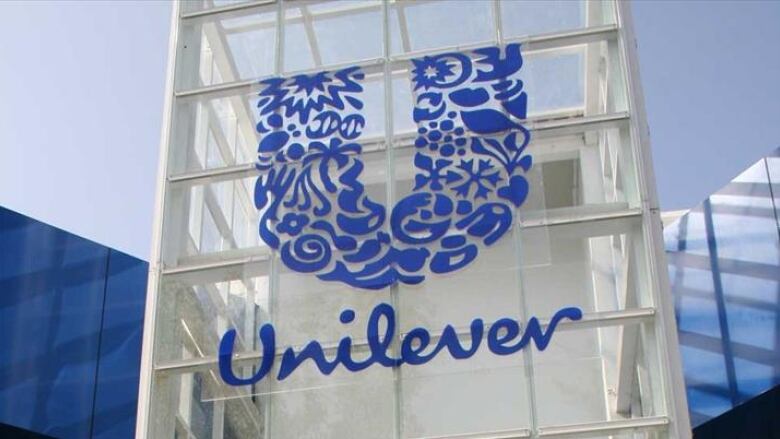Unilever threatens to pull ads from social media companies due to 'toxic' children's content
The owner of brands like Dove and Lipton says trust in social media is at a new low

Consumer goods giant Unilever is threatening to pull ads from popular social media platforms such as Facebook and Google if they do not do more to protect children from "toxic" online content.
In a speech on Monday at an advertising conference in California, Unilever's chief marketing officer Keith Weed is expected to say the conglomerate cannot operate in an environment where "consumers don't trust what they see online."
"Unilever, as a trusted advertiser, do not want to advertise on platforms which do not make a positive contribution to society," Weed is expected to say, according to a copy of the speech seen by CBC News.
Weed is also expected to say: "Unilever will not invest in platforms or environments that do not protect our children or which create division in society, and promote anger or hate."
The U.K.-based company is one of the world's biggest advertisers and spent more than $9 billion US last year marketing well-known brands such as Dove, Lipton and Ben & Jerry's.
Online advertising accounts for about a third ofUnilever's overall marketing costs, it said in September.
Trust at 'newlow'
Weed does not single out a specificcompany in the speech, but is expected to say that trust in "social media is at a new low" because of a lack of focus by techcompanies on "stopping illegal, unethical and extremist behaviour and material on their platforms."
"Fake news, racism, sexism, terrorists spreading messages of hate, toxic content directed at children ... it is in the digital media industry's interest to listen and act on this," Weed is expected to say. "Before viewers stop viewing, advertisers stop advertising and publishers stop publishing."
The company is the latest to criticize andput pressure on social media giants like Facebook and Google to change the way they deliver content.
Last year at the conference, competitor Procter & Gamble, which is the world's largest advertiser, issued an ultimatumto tech companies saying it would no longer pay for digital ads or services that do not meet its standards.
P&G chief brand officer Marc Pritchardgave a five-point plan on how to fix the issue and demanded companies like YouTubecome up with greater controls to avoid having ads appear near content such as ISIS videos.
Neil Bearse, director of marketing at the Queen's University business school, said despite the push for retailersto sell products through advertising, there is a point when brands "have values."
"When their content is showing up next to other content that is either offensive on its own or is leading to negative impacts on society, there is something to be said for not having your ad show up next to an item of questionable content," he said.
New measures
Social media companies have responded withmeasures to try and stem the recent backlash from the public and policymakers.
Last month, Facebook announced that it would change the way it filters posts on its news feed to prioritize what friends and family share over non-advertising content from publishers and brands.
Google, meanwhile, announced in June that it would implement more measures to identify and remove terrorist content from YouTube.
In October, Unilever itself faced heavy criticismafter an ad for its Dove body wash showed a black woman removing her top to reveal a white woman.
The three-second clip on the brand's Facebook page sparked an outcry on social mediaand was eventually removed byDove, which issuedan apology.
Bearsesaid the warning from Unilever to social media giantsis a bold statement, but it will be tricky for the company to take their advertising elsewhere and still have it be effective.
"If you still have to sell products, where you advertise your products matters a lot, and unfortunately, we have a world where Facebook and Google own all the data and all of our attention," he said.
With files from Meegan Read












_(720p).jpg)


 OFFICIAL HD MUSIC VIDEO.jpg)
.jpg)



























































































